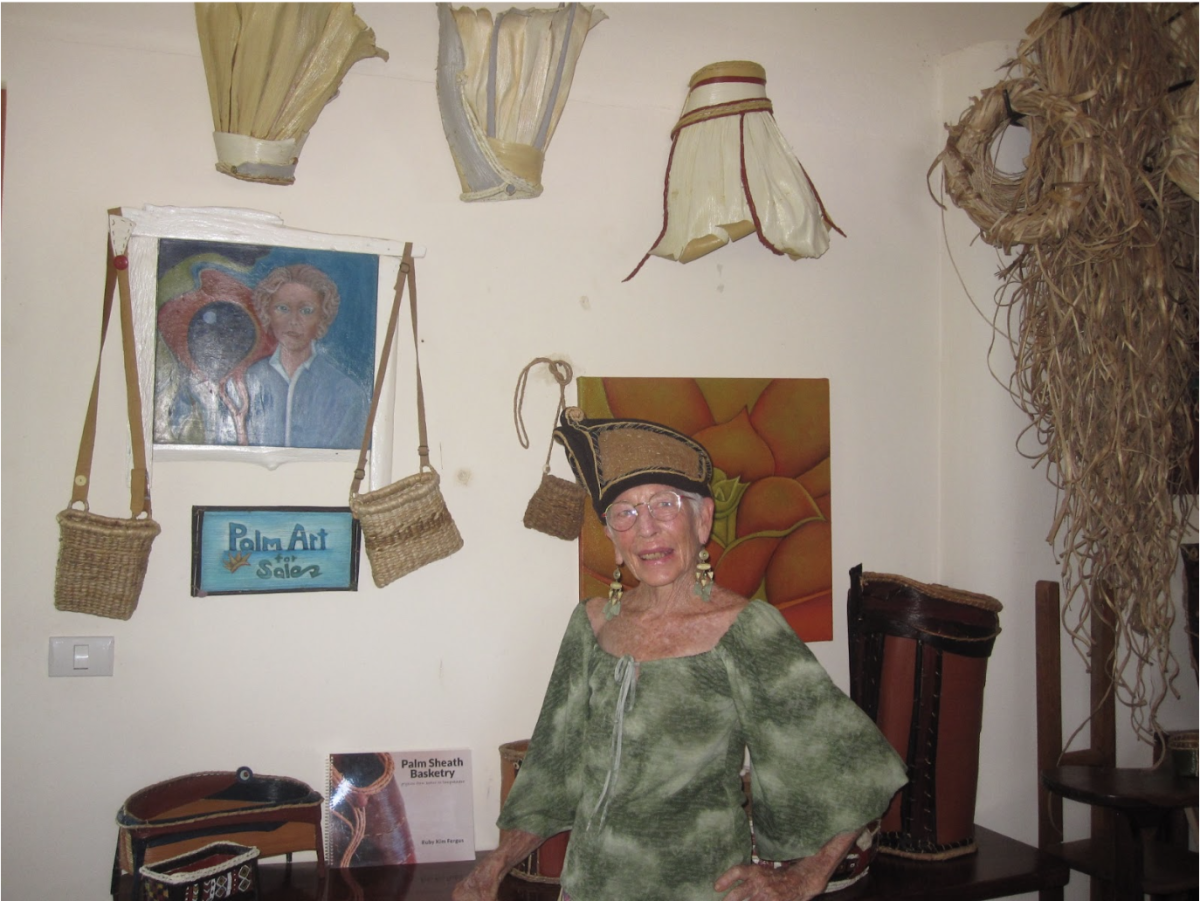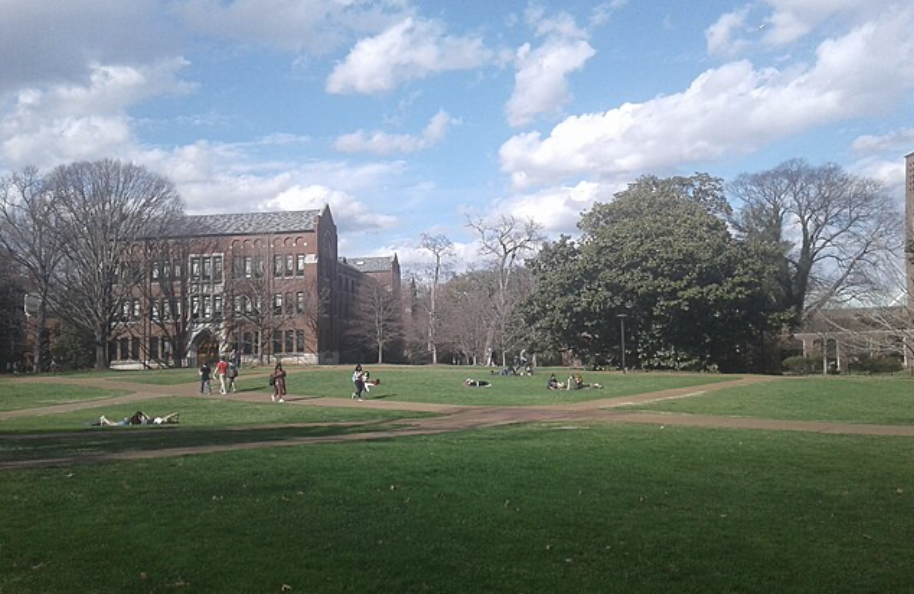Jovel Queirolo
Managing Editor

Donald C. Johanson was just 13 years-old when he was inspired by a few anthropology books and the then-recent 1960s discoveries of Homo habilis by Louis Leakey.
The man TIME magazine calls “the man who found the woman that shook up our family tree” spoke in Syufy Theatre for a special Breakfast Club this morning, sharing experience gained from spending more than half his lifetime to exploring, discovering and studying some of the most significant fossil finds ever made in the search of human origins.
“How fortunate are we to hear from someone in such a tremendous field bringing to our school knowledge gained at such a historical moment in history,” said Head of Schools Andrea Shurley.
Johanson is most famous for his discovery of Lucy, a 3.2 million-year-old female skeleton fossil, classified as Australopithecus afarensis, in Ethiopia. Her picture appears in history and biology books worldwide as one of the most complete evidence of an ancient human ancestor.
“When I was 31, I had just received my Ph.D.,” said Johanson, recalling the moment of the discovery. “I was on an expedition and I looked over my right shoulder and immediately recognized a piece of bone as a human elbow. There was lots of celebration that night. ‘Lucy in the Sky with the Diamonds’ was a popular song at the time, and Pamela, my girlfriend at the time, suggested we name the skeleton Lucy.”
Johanson worked in a lesson for the audience — explaining the skeletal structure of primates related to the current human species as well as some of his adventures in the African wilderness — eating fried termites, befriending African tribesmen and even taking on a lion.
“If you want to go to the bathroom at two in the morning, you have to walk by these yellow eyes staring at you in the dark,” said Johanson. “There’s the hyenas, but once I was having tea with someone in a tent and this lion was walking straight toward us.”
Johanson hurled a rock at what he described as a mangy, hungry-looking lion, and admits to enduring more than a few challenges during expeditions in Africa that lasted for months.
The morning’s assembly was connected to the school’s year-long, interdisciplinary Darwin Project, with Johanson referencing the importance of anthropological discoveries in better understanding evolution in relation to human origins.
“In his book ‘On the Origin of Species’ Darwin says, ‘Light will be thrown on the origin of man and his history,’ and if Darwin were here today, he would be 201 years-old and thrilled at the progress we have made,” said Johanson.














